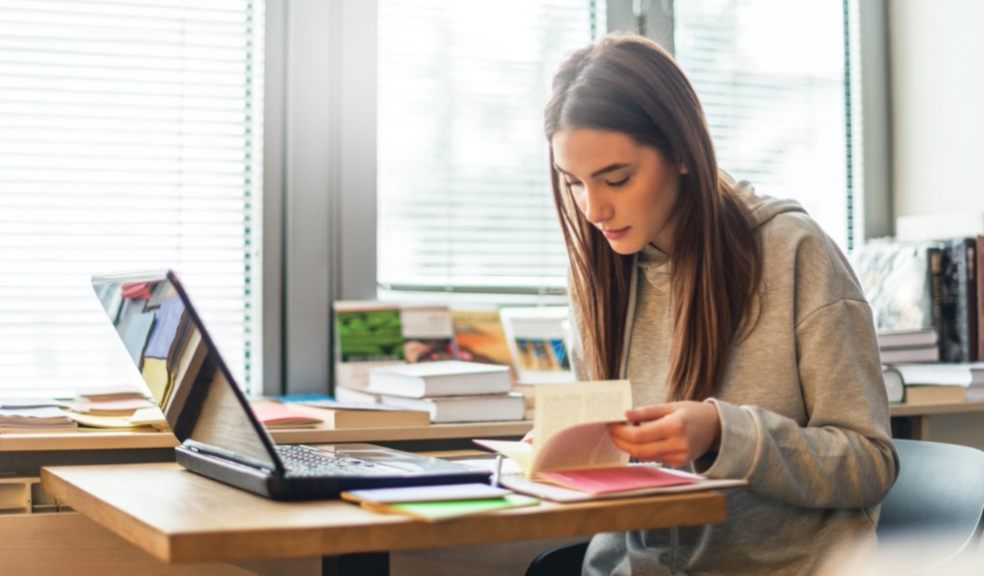
Exam preparation: Seven study tips for better learning
Exam preparation puts a lot of pressure on students to perform well and can be stressful at times when we have to study a lot but for a limited period of time. This is especially true for those types of students that neglect textbooks all year round. In this case, preparing for an exam turns into a race to see how quickly you can hit your annual curriculum. However, there are seven things that you can do to study more effectively and prepare yourself better for your exams.
Create a Study Plan
Before you sit down to bury your head in books, you need to create a study plan. This will not only help you sustain the correct study schedule but also help you figure out what needs to be done, how and when.
Start with listing down the name of the subjects and topics, then identify the study priorities of each subject, schedule the number of days prior to the exam and allocate to each subject strategically. After that, determine the study hours per day, set aside time for breaks, plan out group study time, etc.
Sticking to a study plan allows you to track your progress and will automatically save you a tremendous amount of both energy and time that would have instead been wasted on anxiety and worry.
Find a Good Study Spot
You will be able to focus and learn at your best when you study in a pleasant and comfortable environment. Therefore, try to find the best spot in your home or even a separate quiet room, where there is enough fresh air and light. Get rid of all distractions, de-clutter the space from unnecessary items and turn off your cell phone so that you feel comfortable and can fully concentrate.
However, you should remember that each person has different preferences for studying behaviours. This means that some prefer to sit on a chair and read at a table with background music. Others prefer to lie down in silence or walk with a book while studying. Make sure to determine the best method and space that works best, and organise it accordingly.
Take Good Care of Yourself
You will be able to work better and perform well on an exam if you maintain a well-balanced diet, drink plenty of water and get a good night's sleep. It is also recommended to exercise regularly while studying. A quick walk or more vigorous exercise like jogging or cycling will get your blood moving, reduce stress and improve your concentration.
Keep in mind that staying healthy and looking after yourself applies both during your exam time and when you are revising.
Make Use of Diagrams & Flowcharts
Visual aids like flow charts, diagrams and graphs can be especially helpful when revising your study material. At the beginning of the topic, write down everything you already know about a particular subject. As you get closer to the exam, convert your revision notes to a diagram to simplify the information. Thus, visual memory can greatly improve your exam readiness.
Incorporate Regular Breaks
Even though it may seem like learning for hours can lead to more productivity, it's actually the opposite as it can drain you completely and leave you with no energy to study and retain information. Therefore, it is crucial to take small frequent breaks to refresh your mind and restore energy levels.
For instance, for every 30 minutes you study, you can take a short 10–15-minute break to recharge. You can use this time to drink a glass of water, stretch your legs, walk around a bit or even get some fresh air prior to getting back to the books.
Choose the Right Snacks
Sometimes while studying, it might be tempting to reach for comfort food. And while you may feel like you don't have time to cook or that you deserve a treat, what you eat can really affect your concentration and energy levels. Instead of choosing junk food, try to eat nutritious snacks that are good for your memory and concentration and provide a slow release of energy during the day. Pumpkin seeds, nuts, avocados, blueberries, dark chocolate and eggs are some of the best options.
As an addition, it might be a good idea to try out CBD gummies for a tasty yet beneficial snack. Thanks to the natural chemical compound called cannabidiol (CBD), chewing a few gummies can help to reduce anxiety, provide you with a sense of calm, boost your energy and concentration. The CBD market also offers various options of CBD infused snacks, starting from dried fruits and dark chocolate to granola and protein bars. Make sure to do a little research to choose the right product for your preferences and opt for proven CBD brands only.
Organise Study Groups With Your Friends
Sometimes studying with friends or fellow students can help you gain more knowledge and ideas on the same topic and subject that were missed out on during self-study.
By asking each other questions, you can not only clear out any doubts but also get a clearer understanding of the facts and finish tasks faster. As long as you and your friends stay focused on a topic or subject for an agreed period of time, study groups can be one of the most effective ways to challenge yourself and keep moving towards your learning goals.
When your exam day approaches, it can be really hard to remember to take care of yourself and follow the tips to help you to prepare. The fear of running out of time to revise can feel overwhelming, and it can be easy to forget to do things such as drinking water and having a filling breakfast. But taking breaks and following important tips for self-care will hugely boost your motivation and energy levels, giving you that last push to revise before the exam. Finally, remind yourself that you have worked hard and put a lot of time into preparing for the exam, and trust yourself and your ability!

















